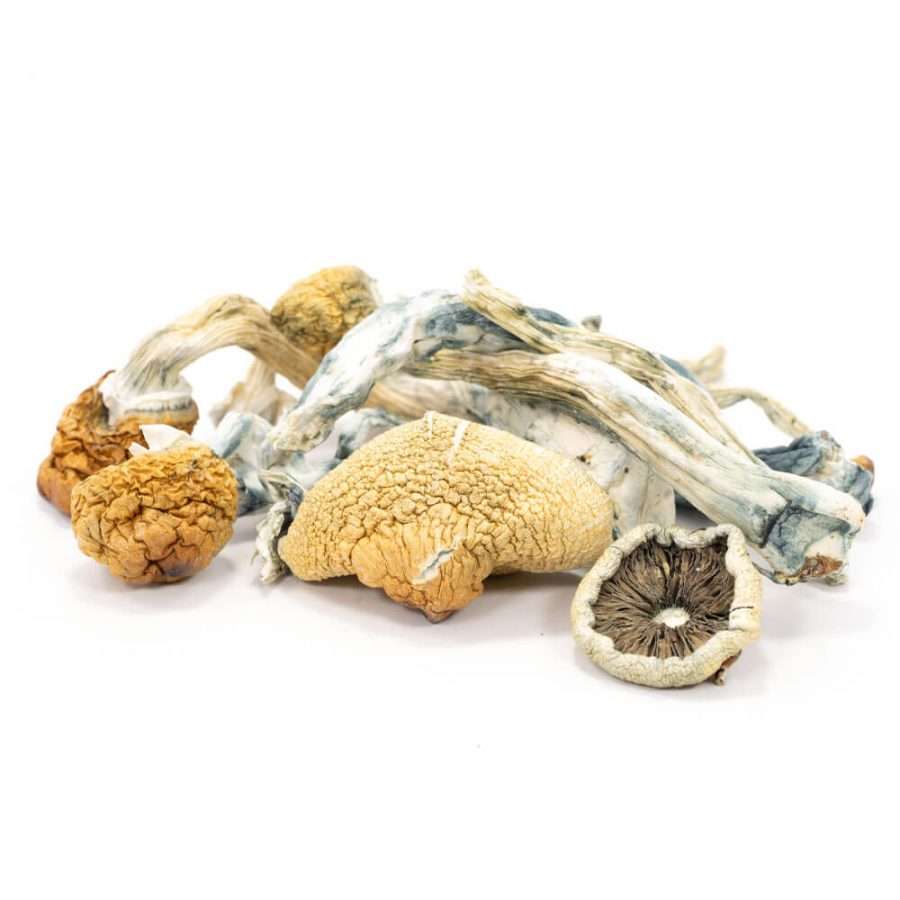BLOG
Psilocybin Mushrooms: A Doorway to Lasting Wellbeing
Unveiling the Healing Potential: The Long-Lasting Health Benefits of Psilocybin Mushroom
In recent years, a quiet revolution has been underway in the realm of mental health and wellness. Amidst the surge of interest in alternative therapies and holistic approaches, one substance has been garnering increasing attention for its potential to catalyze profound healing experiences: psilocybin mushrooms. Far from just a recreational substance, these fungi possess a wealth of therapeutic potential that researchers and practitioners are only beginning to explore. From alleviating depression and anxiety to promoting long-lasting psychological well-being, the advantages of psilocybin mushroom are increasingly being recognized and validated by scientific inquiry.
Understanding Psilocybin Mushroom: A Brief Overview
At the heart of the psilocybin mushroom experience lies the compound psilocybin, a naturally occurring psychedelic substance found in various species of fungi. When ingested, psilocybin is metabolized by the body into psilocin, which interacts with serotonin receptors in the brain, particularly in regions associated with mood regulation and perception. This interaction is believed to be responsible for the altered states of consciousness and profound psychological effects experienced by users.
The Healing Potential Unveiled
While psilocybin mushrooms have long been associated with spiritual and cultural practices, it is only in recent decades that Western science has begun to uncover their therapeutic potential. Research into the effects of psilocybin-assisted therapy has shown promising results across a range of mental health conditions, including depression, anxiety, PTSD, and addiction.
One of the most compelling aspects of psilocybin therapy is its ability to induce what researchers term a “mystical experience” – a profound sense of interconnectedness, awe, and transcendence often accompanied by feelings of unity and transcendence of time and space. These experiences have been linked to significant and enduring improvements in psychological well-being, including increased feelings of life satisfaction, openness, and empathy.
Alleviating Depression and Anxiety With psilocybin mushroom
Depression and anxiety are among the most prevalent mental health disorders worldwide, yet existing treatments often fall short in providing long-term relief In contrast, studies have shown that a single dose of psilocybin, administered in a therapeutic setting, can lead to rapid and sustained reductions in depressive symptoms, with effects lasting for weeks or even months after the experience.
Similarly, individuals struggling with anxiety disorders, including social anxiety and PTSD, have reported significant improvements in symptoms following psilocybin therapy. By helping individuals confront and process difficult emotions and traumatic experiences, psilocybin has the potential to catalyze profound healing and transformation.
Promoting Psychological Well-being
Beyond the treatment of specific mental health conditions, psilocybin mushrooms hold promise for promoting overall psychological well-being and personal growth. Research suggests that mystical experiences facilitated by psilocybin therapy can lead to increased feelings of connection to oneself, others, and the natural world, as well as a greater sense of purpose and meaning in life.
By breaking down rigid patterns of thought and opening the mind to new perspectives, psilocybin can foster innovation and insight, unlocking untapped potential within individuals.
Navigating the Road Ahead
Despite the growing body of evidence supporting the therapeutic potential of psilocybin mushrooms, significant barriers remain to their widespread acceptance and integration into mainstream medical practice. Legal and regulatory hurdles, stigma, and lack of education pose challenges to researchers, practitioners, and patients alike.
Furthermore, the psychedelic experience can be intense and emotionally challenging, requiring careful preparation, guidance, and integration to ensure safe and effective outcomes. Ethical considerations regarding access, equity, and cultural sensitivity must also be addressed as psilocybin therapy continues to evolve.
Conclusion
As our understanding of the mind-body connection deepens and traditional paradigms of mental health care are challenged, psilocybin mushrooms offer a glimpse into a new frontier of healing and self-discovery. From alleviating depression and anxiety to promoting long-lasting psychological well-being, the potential benefits of psilocybin therapy are profound and far-reaching.
However, realizing this potential will require continued research, open-mindedness, and collaboration across disciplines. By embracing the therapeutic potential of psilocybin mushrooms and integrating them responsibly into our approach to mental health care, we have the opportunity to transform lives and cultivate a more compassionate and holistic understanding of human flourishing


